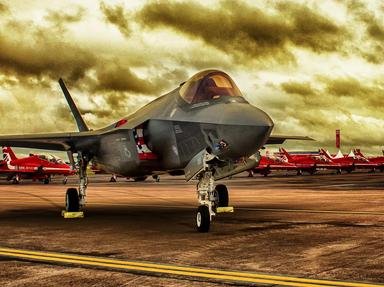Quiz Answer Key and Fun Facts
1. The government publication 'Queen's Regulations' provides a general overview of military discipline, but another manual provides a more detailed description of specific offences and the appropriate punishments for committing them. What is this publication known as?
2. The new Armed Forces Act came into effect during 2006, replacing the Army Act, the Royal Air Force Act and the Naval Discipline Act. It was the first overhaul of the service justice system for many years; in fact, the previous acts, with the exception of the Naval Act which had been adopted during 1957, were passed in the year that Her Majesty, Queen Elizabeth II came to the throne. But during which year had the Army and Royal Air Force Acts been adopted?
3. Service Law is constantly renewed and reviewed to ensure that it remains 'fit for purpose' and is appropriate to achieve its aims. By which statutory body, or bodies, are these renewals and reviews carried out?
4. You are a civilian and have travelled overseas to stay with an uncle, a serving soldier, and his family in their quarters within a garrison area. During your stay abroad you commit the offence of assault against a local national. Are you subject to Service Law?
5. When a soldier commits an offence, the penalties can be applied in a number of ways. For trivial and minor offences, you may find yourself carrying out additional duties at the weekends and in your off-duty leisure time. What slang term is used by soldiers to describe these punishments?
6. The 'Military Corrective Training Centre' or 'MCTC', effectively the British military's own prison facility, is located within the garrison town of Colchester in Essex. By what name has this establishment been affectionately known by troops for many years?
7. Correctly referred to as 'Restrictions of Privileges','RP's or 'RoP's, for many years this punishment for minor offences was also known colloquially as 'Jankers'?
8. Any soldier appearing 'on orders' before his Company Commander or Commanding Officer to answer any disciplinary charges, will be ordered to remove two items of his uniform before he marches in for his 'hearing'. Which two items are these?
9. Outside of their own organisation, by what less than affectionate name are members of the Royal Military Police (RMPs), known to the troops that they have jurisdiction over?
10. Of the following, which categories of civilians do you think would be subject to service law?
Source: Author
SisterSeagull
This quiz was reviewed by FunTrivia editor
stedman before going online.
Any errors found in FunTrivia content are routinely corrected through our feedback system.
